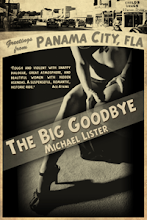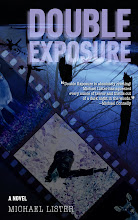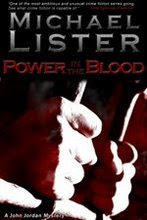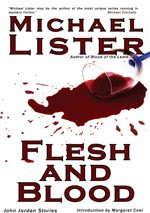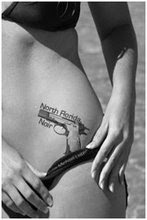
For the past six weeks, I’ve been teaching a film and literature class for Education Encore at Gulf Coast Community College. Each week we examine different books, the films they’ve inspired, and the adaptation process. It’s a fun class. This term we’ve covered, among others, “The Reader,” “Revolutionary Road,” “In the Cut,” “No Country for Old Men,” “Nick and Norah’s Infinite Playlist,” “The End of the Affair,” “Adaptation,” and “Doubt.”
Each term, my students and I learn something new about film and literature, about character and dialog and pacing and language and interiority, but more than anything else, year after year, term after term, class after class, we learn just how superior literature is to film.
Don’t get me wrong. I love film. But the very best films never come close to achieving what their literary counterparts do—and that’s the best films. What about the average or below average movies, the ones that attempt to reach the broadest audience of moviegoers? Do they provide anything more than diversion, than a couple of hours of escape?
There’s nothing wrong with a little diversion, with an occasional escape—even an essentially mindless one—but like junk food in our diets, more than a little of it quickly becomes harmful (though, deceptively, its true damage isn’t readily manifest in the short-term).
Again, I’m not arguing against film. Film has it’s place. It’s just become too big a place in our culture. I’m not saying don’t watch movies. I am saying read more books—and if this leads to less time to watch movies, that’s not a bad thing. Not a bad thing at all.
Why don’t we read more? Perhaps because of what it requires of us. It takes time to read. A movie cost us two hours, a book eight to ten times that—or more. Movies do all the work for us. We sit passively and take it in. Books require us to work. Reading is active. We’re not just using our eyes and minds, but our imaginations.
Books require more of us, but they give far more to us.
Reading isn’t just better for us, it’s better to us.
A good book isn’t just entertaining or informational, it’s transformational. Literature speaks to the deepest parts of who we are, enables us to connect with others in profound ways, learning about them as well as ourselves.
One of the greatest things movies do is draw out attention to books. Because movies have such large budgets and audiences, they often alert us to great books we may have missed. In fact, just recently I read both “Revolutionary Road” and “The Reader” because of the massive media campaigns their movies generated. Interestingly, “The Reader” was already on my shelf next to another Schlink book I’d read, “Flights of Love.” I’d picked up “The Reader” somewhere along the way during my countless hours of browsing in bookstores and just hadn’t gotten to it yet.
The idea of this column came about because certain of my students had seen “No Country for Old Men” and hated it, but found themselves really drawn in as we began to read the book together. I’d say odds are good this would happen a lot. Try it sometime. If you don’t like a particular movie, chances are still good you’ll like the book it was based on. If you like a movie, chances are good you’ll love the book that inspired it.
A longtime fan of Annie Proulx, I had somehow missed her short story, “Brokeback Mountain.” In anticipation of seeing the film when it came out, I pulled her collection, “Close Range” from the shelf so I could read the short story before I saw the movie. I read the story, but to this day, I still haven’t seen the movie. Why? Because I was so moved by the story of Ennis and Jack, so heartbroken by their fates, so in awe of Ms. Proulx’s stunning use of language, so completely satisfied with the entire experience, I knew that watching the adaptation couldn’t add anything to it, and therefore, would likely take something away.
I guess what I’m trying to say is don’t wait for the movie. Read the book.






